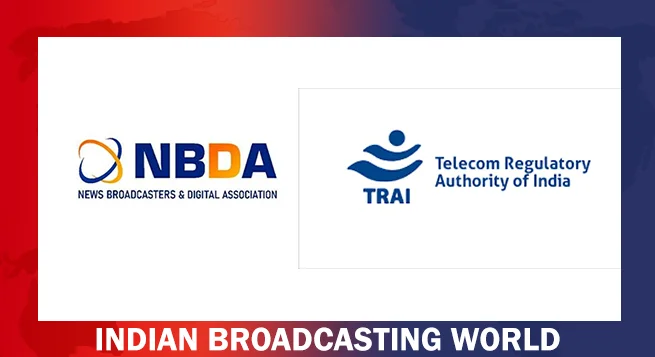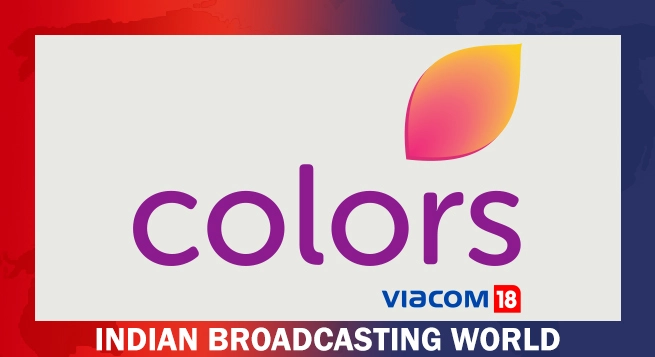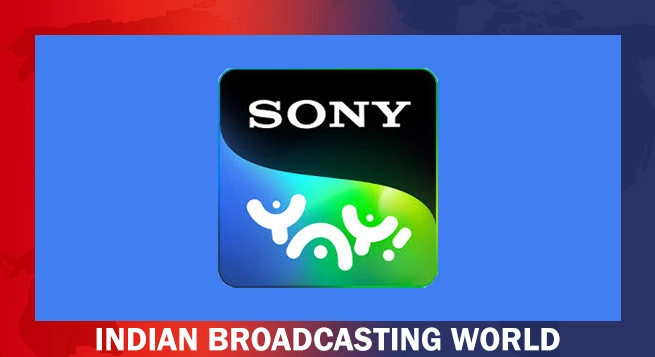Even as advance bookings for Shah Rukh Khan’s much-anticipated movie ‘Pathaan’ opens on January 20, five days prior its theatrical release, a Delhi court has directed the film’s makers to ensure closed captioning and audio descriptions to smoothen the viewing on OTT platforms (as and when it happens) for visually and hearing challenged people.
‘Pathaan’, directed by Siddharth Anand, also features Deepika Padukone and John Abraham.
“The advance booking for ‘Pathaan’ will open on 20th Jan in India for the normal 2D version in Hindi, Tamil & Telugu along with premium formats like IMAX, 4DX, D BOX & ICE versions in Hindi.
“YRF is very excited to release the 4th film of the YRF Spy Universe which marks the entry of superstars Shah Rukh Khan, Deepika Padukone & John Abraham to one of India’s biggest franchises,” Rohan Malhotra, Vice President, Distribution, YRF said in a statement.
Meanwhile, while directing the producers of the film to aid hearing and visually-impaired people, the Delhi High Court on Monday added that measures have to be taken to enable such persons to experience films in theatres.
The order was passed by Justice Prathiba M Singh on Monday while hearing a petition by some persons suffering from visual and hearing impairments, who sought directions to make the Shah Rukh Khan, Deepika Padukone and John Abraham starrer accessible to them before its release, PTI reported from New Delhi.
The four petitioners — a law student, two lawyers and a disability rights activist — contended that under the Rights of Persons with Disabilities Act (PWD Act), the government has to take measures to ensure access to content to those suffering from disabilities.
The court observed that the plea raised “important issues” but since ‘Pathaan’ was slated to be released in theatres on January 25, directions for inclusion of audio description and other measures for theatrical release cannot be passed at this stage.
It nonetheless passed directions with respect to the release of the film on OTT platform Amazon Prime in April and asked the CBFC to consider re-certification of the same by March 10 after the producer prepares subtitles, etc.
“Insofar as OTT release for ‘Pathaan’ is concerned, it is directed that the producer shall prepare the audio description, subtitles in Hindi language and closed captions and submit the same to CBFC for approval. Upon the same being submitted, the CBFC shall consider re-certification of the film along with subtitles in Hindi, audio description and closed captioning in Hindi,” directed the court.
“Special measures would have to be taken so as to ensure that the experience of watching a film in theatre cannot be denied to such persons,” said the court which observed that a “bigger solution” has to be worked out for such persons.
The counsel for Yash Raj said the film, along with its English subtitles, has already been approved by the CBFC for its release later this month and the producer was willing to take reasonable steps to ensure that the films are enjoyed by those suffering from visual and hearing impairments.
The Central government’s counsel said the directions have already been issued to producers and CBFC to provide subtitles, audio description, etc. in films for persons with disabilities and sought time to take instructions.
The court added Indian Broadcasting and Digital Foundation, Ministry of Information and Technology and producers’ association as parties to the proceedings and asked them to state their stand on the plea.
The court also issued notice to OTT platform Amazon Prime on the plea.
The petitioners contended that technology, including applications, was available to enable persons with visual and hearing impairment to enjoy a film in theatres if the producer shares the audio of the movie with them.
The court said Yash Raj Films was free to explore the possibility of having such arrangements for providing audio description, etc. for their films.
The petitioners also said that in the past, several films have been released with appropriate audio description and other measures to facilitate their viewing by those suffering from disabilities but in the present case, only English subtitles were provided.
The matter would be heard next on April 6.
 Prime Video to limit in India number of TV sets having access per subscription
Prime Video to limit in India number of TV sets having access per subscription  Delhi HC orders meta to remove deepfake videos of Rajat Sharma
Delhi HC orders meta to remove deepfake videos of Rajat Sharma  Govt. blocked 18 OTT platforms for obscene content in 2024
Govt. blocked 18 OTT platforms for obscene content in 2024  Broadcasting industry resists inclusion under Telecom Act
Broadcasting industry resists inclusion under Telecom Act  DTH viewing going down & a hybrid ecosystem evolving: Dish TV CEO
DTH viewing going down & a hybrid ecosystem evolving: Dish TV CEO  Abhishek Singh Rajput shines in ‘Swipe Crime’ on MX Player
Abhishek Singh Rajput shines in ‘Swipe Crime’ on MX Player  Farhan Akhtar’s ‘120 Bahadur’ to hit theatres on November 21, 2025
Farhan Akhtar’s ‘120 Bahadur’ to hit theatres on November 21, 2025  COLORS announces 2025 lineup
COLORS announces 2025 lineup  Sony YAY! announces holiday wishes from Toon-Town this Christmas
Sony YAY! announces holiday wishes from Toon-Town this Christmas  8Bit Creatives partners with ESFI to elevate WAVES esports championship 2025
8Bit Creatives partners with ESFI to elevate WAVES esports championship 2025 








